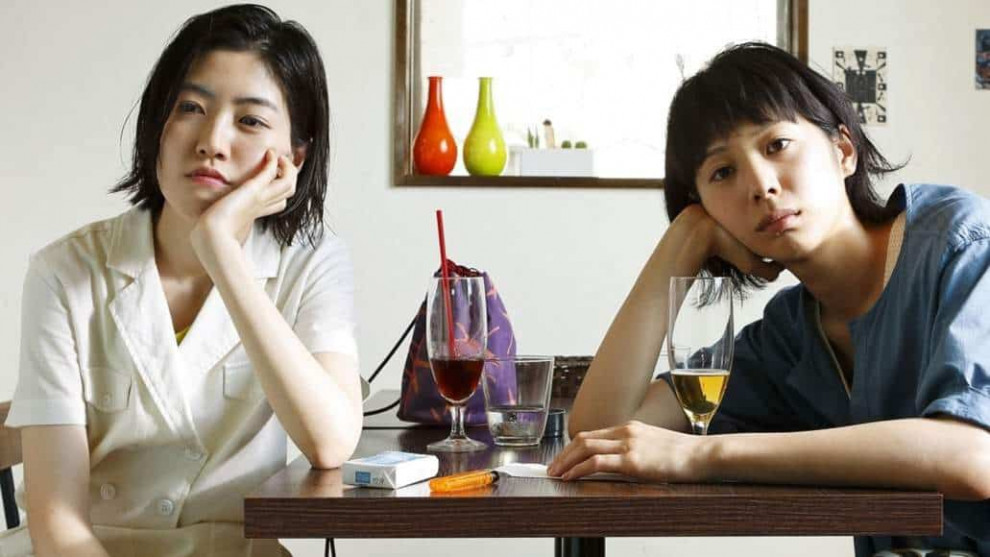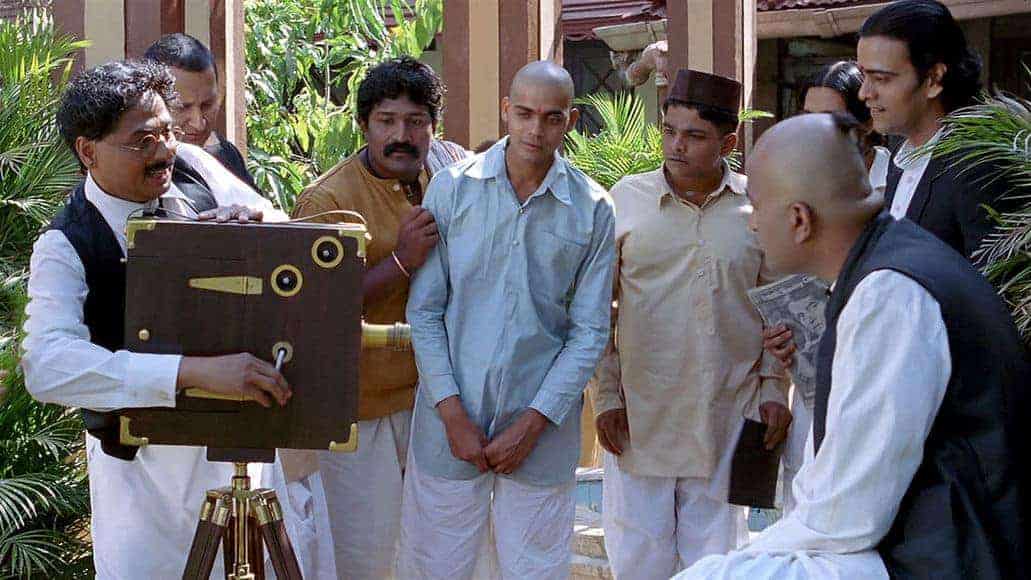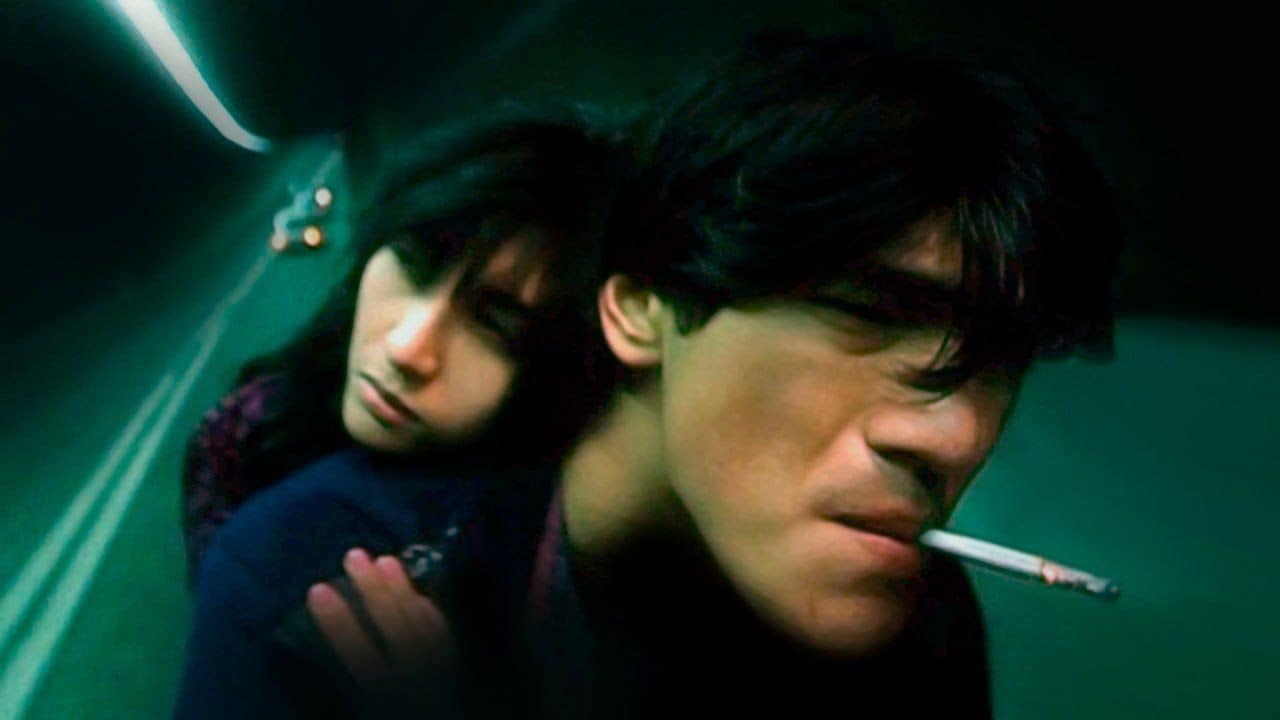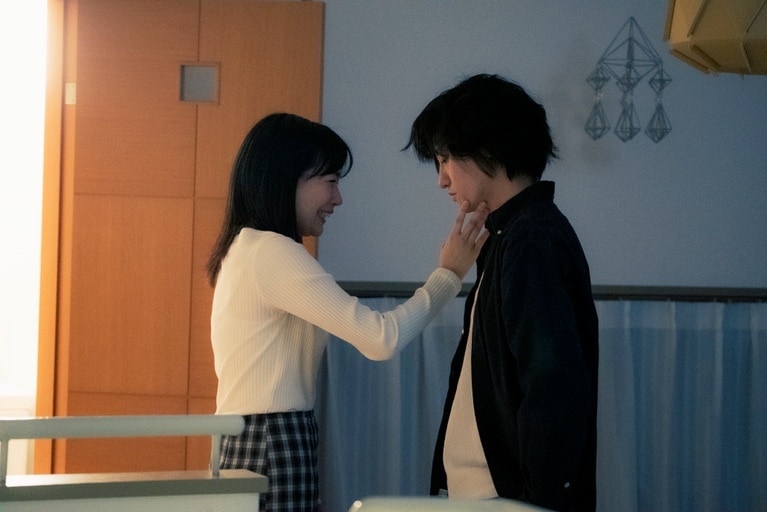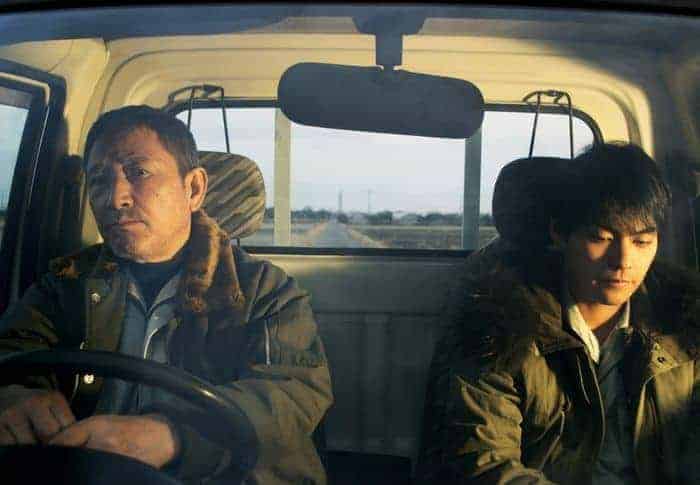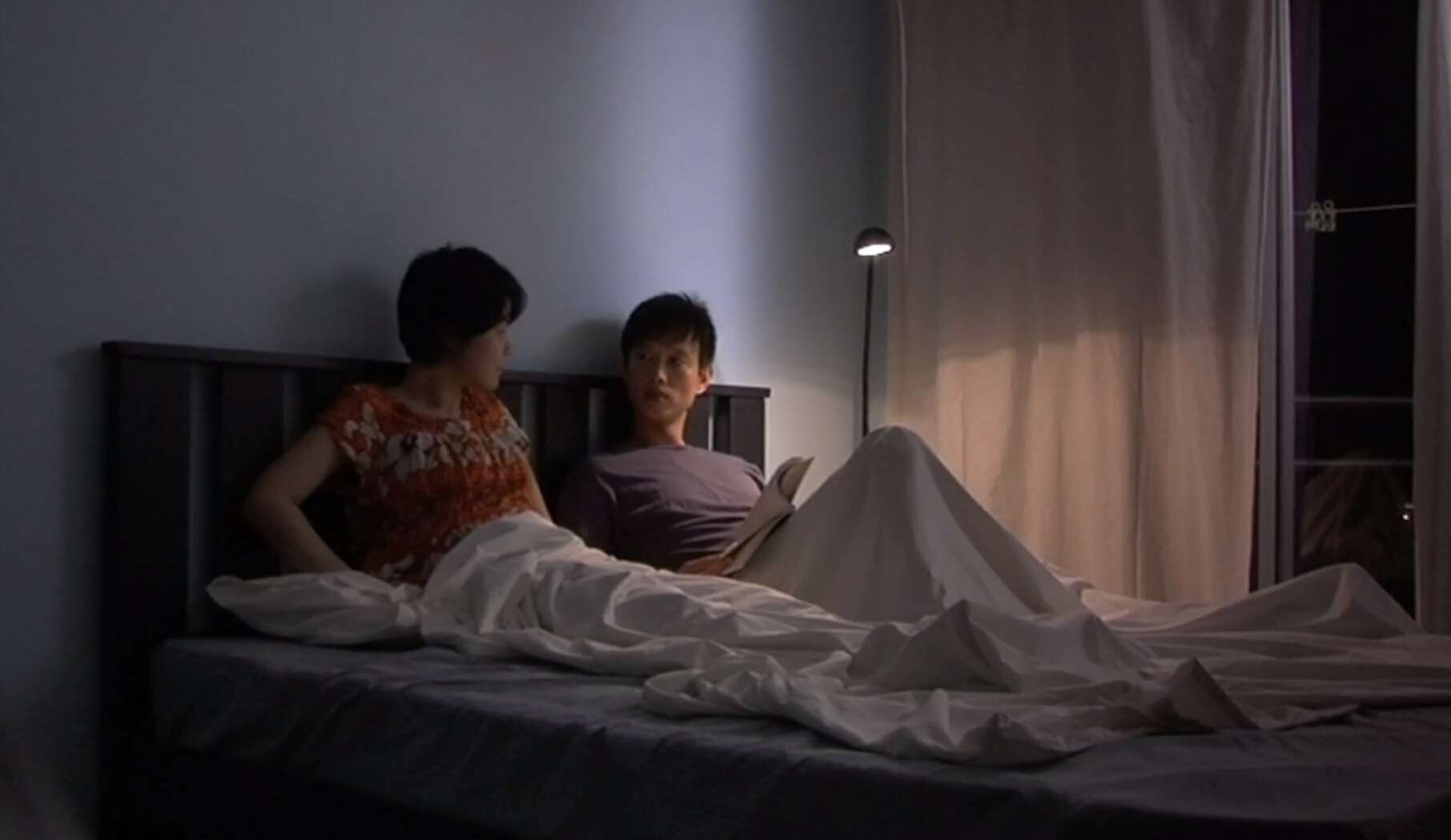“I don't know what it's like to be close.”
Independently of the times, the changes we go through the division of our lives into certain stages is undeniable. In this case, we are not talking about the transitions from teenager to adult, for example, but rather certain goals assigned to a distinct age. While most of us are expected to be finished with school once we have turned 19 or 20, perhaps the biggest hurdle is when a person turns 30. Naturally, there are cultural and perhaps even national distinctions, but the fact remains that a person in their thirties should have a steady job attached to a steady income, and also should be on their way to starting a family of their own.
Of course, we can shrug off these expectations. Drinking beers with your buddies while you are at university, you may express your ironical distance towards these stages in your life and insist they do not apply to you. However, once a family gathering starts and you are greeted with questions about your relationship status you feel there is a distinct amount of pressure from the outside which you may or may not have to comply to at one point. Premiered at this year's Hong Kong International Film Festival, Yuko Hakota's “Blue Hour” explores these kind of stages in one's life, how they lead to a personal survey of your life and the feelings of disappointment and inadequacy.
“Blue Hour” is screening at Nippon Connection

At the beginning of the film, Sunada (Kaho), a TV producer and director, has just turned 30. Even though she is married and has a solid job, she feels somewhat stuck and frustrated with the relationship and the daily routine of her work. One of her great joys in life is the meetings with her best friend Kiyura (Eun Kyung Shim) where she can finally confess to theses feelings and seek some advice. Hearing about her grandmother being in the hospital, Kiyura urges her friend to visit her family in the country to which Sunada hesitantly agrees. In the end, the drive to her family home and especially meeting her mother (Kaho Minami) confronts Sunada with her choices in life and how she can proceed from there.
Because there is a heavy storm outside, Sunada and Kiyura are forced to stay with the former's family, leading to many awkwardly funny, but also emotional scenes. Many of them confirm the kind of mixed feelings Sunada has about her future; for example, when she meets her mother in the kitchen in the night in the midst of various opened bentos, ready-made ramen and TV dinners. Seemingly sensing the shock her daughter feels, her mother states she has been wanting to cook, but since neither Sunada's father (Denden) nor her brother Sumio (Kyusaku Shimada) bother to come to the dinner table anymore, she has completely given up on cooking. Having this kind of disarray, this distance towards those around her at the center of your life is one of the images that are most haunting for Sunada, leading her to suggest to Kiyura to drive to the nearest bar and have a few drinks.
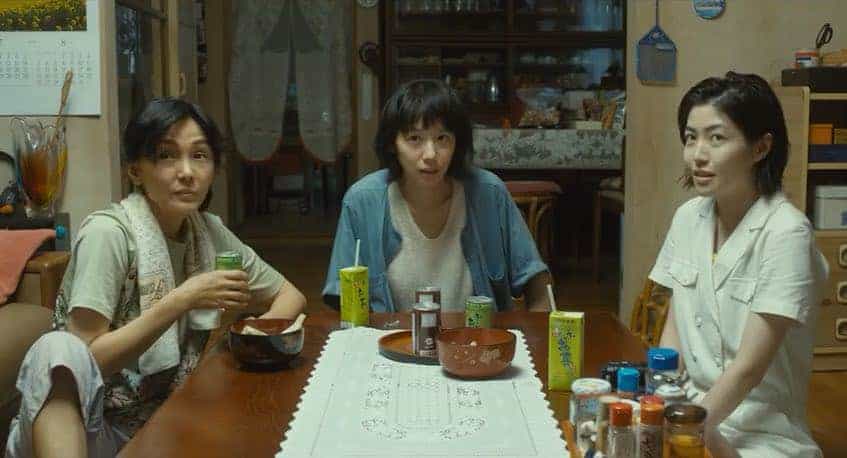
In general, Yuko Hakota's script offers many of these eye-opening scenes, sequences which blend the personal drama with black humor. Especially the latter becomes a protective layer which shields you from a harsh reality, or rather from an image which may confirm your deepest fears with the way your life goes. Ryuto Kondo's cinematography highlights these contrasts through the use of strong colors, mostly black and blue, which at times has a sobering effect similar to the main character's confrontation with the kind of life her mother leads, a vision of life she fears for herself too.
Ultimately, Hakota creates a thought-provoking tale about the various expectations of females compared to males in society. In an early scene, Sunada makes the bitter comment that no woman in her forties still has a job since they are too busy having kids and if they do return to their former positions, their creative output fails to convince. Ironically, this observation fueled by various beers and drinks is supported by one of her colleagues confessing to everyone he will be a father again, resulting in a round of applause only Sunada does not take part in. Later on, especially in the powerful scenes with her mother, these kinds of female images become increasingly important as they are obviously in the way of being yourself.

As a beautiful, yet somewhat enigmatic metaphor, the film offers the image of the blue hour, a time before sunrise when the whole world has this blueish color to it. At the dawn of a new day Sunada, as a child, would walk, and eventually run through the nearby fields of her family home singing and dancing, embracing the possibilities this new day may bring. In the end, this image becomes something of a tranquil state, not just for childhood, but also for the kind of optimism towards the future it represents. The power of these images lies in their universal quality, for everyone wishes to go back to these stages in life when everything seemed possible and we did not feel the presence of so many options now closed for us.
In the end, “Blue Hour” is a heart-warming film about life choices, about finding a way to proceed in life and the inability to do so. Supported by a powerful cast, a brilliant script and beautiful cinematography, Yuko Hakota's debut feature is an impressive display of her talent as a storyteller. Hopefully, this is just the beginning of a long journey for this film and it will find many open-minded viewers willing to enjoy this gem of a movie.


